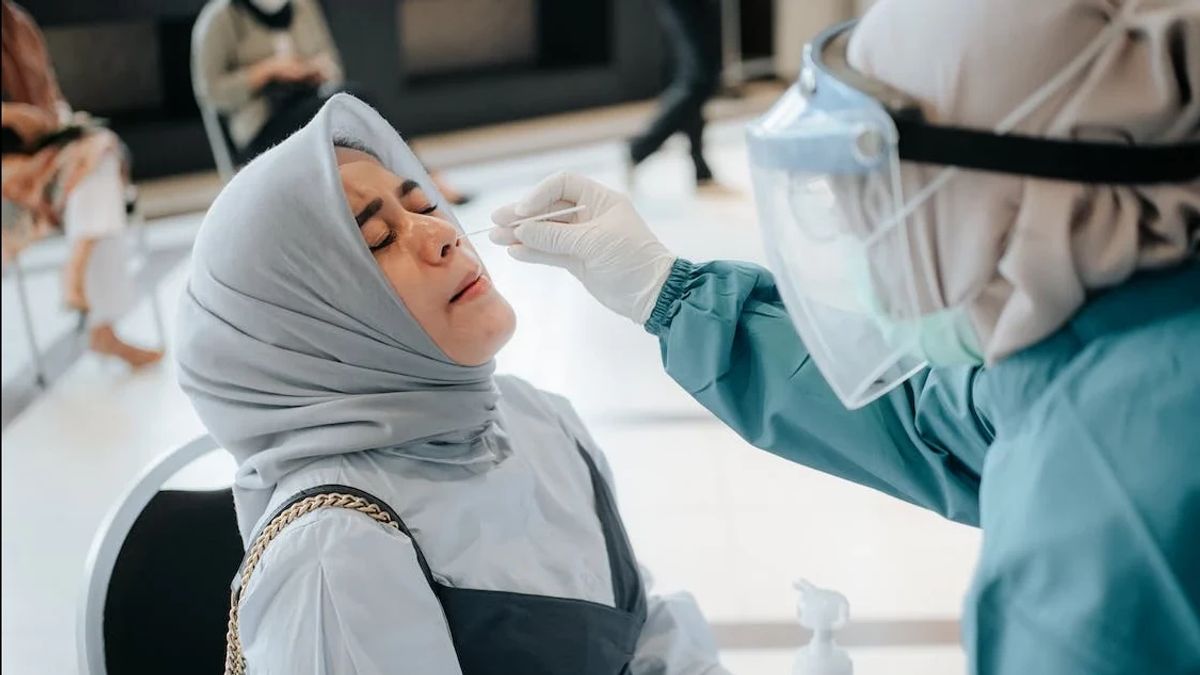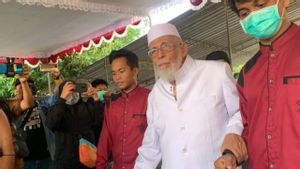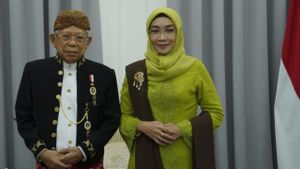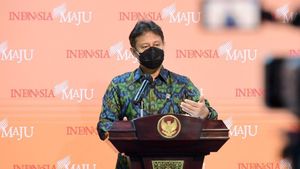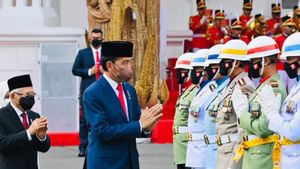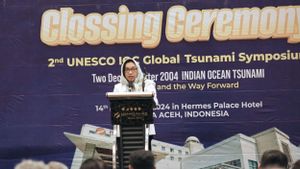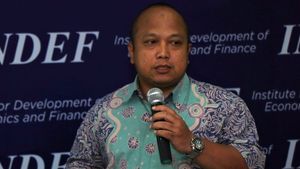JAKARTA - Indonesia is considered to still have a series of problems in the health sector. The momentum of the 77th Anniversary of the Republic of Indonesia is expected to encourage the government and society to face the challenges that lie ahead.
Director of Post-Graduate Program at YARSI University, Prof. Tjandra Yoga Aditama, said there are seven problems that Indonesia is still facing in the health sector. "First, how to continue to increase public awareness to give important priority to health," said Tjandra, as reported by Antara, Wednesday, August 17, 2022.
The man who is also a Professor of the Faculty of Health, University of Indonesia (FKUI) said, COVID-19 has made the public and public policy makers increasingly give priority to health.
"We all have to realize, health is not everything, but without health everything is nothing," he said.
Second, he continued, is how to ensure the availability of primary health services, especially to keep the healthy to stay healthy, and have a healthy paradigm.
Currently, Indonesia already has Puskesmas in all sub-districts. However, more than 50 percent of the Puskesmas do not yet have nine types of health workers according to the standard, and 586 Public Health Center (Puskesmas) do not yet have doctors.
VOIR éGALEMENT:
The third is improving the quality of services in hospitals. According to him, the money that goes out to pay for the sick for treatment abroad, is more than IDR 110 trillion every year.
The fourth challenge is tackling the COVID-19 pandemic, which currently shows no signs of ending. "How do we prepare for possible future health security issues, including possible outbreaks and pandemics again," he said.
Fifth, is advocacy and coordination. According to him, health problems will not be solved only by the health sector alone.
"One concrete example is the application of the One Health approach, which is a collaborative approach in human, animal and environmental health services that is carried out in an integrated manner across sectors and of course also with the community," he said.
The sixth challenge, said Tjandra, requires extra hard efforts to achieve goal 3 of the SDGs, namely achieving a Healthy and Prosperous Life by 2030.
"One of the targets is ending the epidemics of AIDS, tuberculosis, malaria and neglected tropical diseases, and fighting hepatitis, waterborne diseases and other infectious diseases by 2030," he said.
Tjandra said the tuberculosis rate in Indonesia is still high, there are also hundreds of districts that are not free from malaria and other diseases.
"It is clear that there needs to be priority activities and resources to achieve the 2030 SDG targets for the health and welfare of the nation," he said.
The final challenge is how Indonesia plays a role in world health through the G20 Forum in 2022. "Before this, Indonesia has played a lot of roles in world health diplomacy forums, both in the form of various global policies and also in real roles as WHO ranks at various levels," he said.
According to Tjandra, Indonesia's contribution to world health needs to be continuously improved, both by referring to the experience of dealing with various health problems, the results of research from domestic children and also with the expertise and long experience it has.
The English, Chinese, Japanese, Arabic, and French versions are automatically generated by the AI. So there may still be inaccuracies in translating, please always see Indonesian as our main language. (system supported by DigitalSiber.id)
